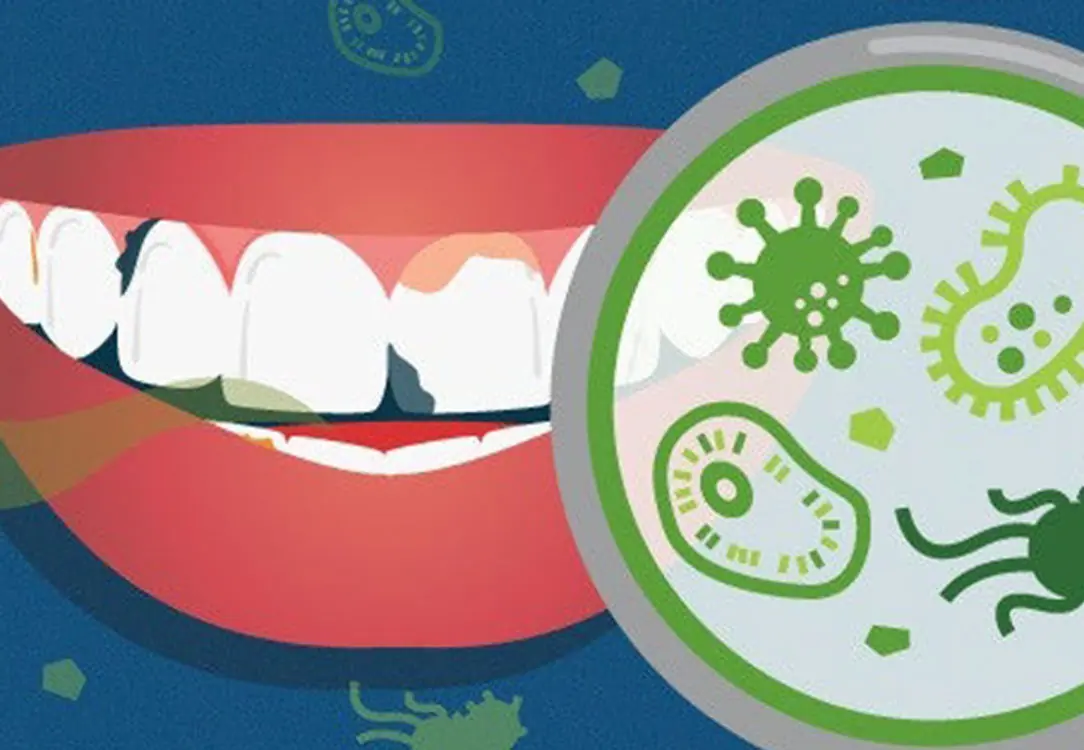
6 Daily Habits That Can Finally End Your Sleepless Nights
Many people believe sleep problems begin the moment they lie down in bed. But according to British sleep therapist Heather Darwall Smith, what you do during the day plays a far greater role in how deeply you sleep at night.
If you find yourself staring at the ceiling at 3 a.m., anxiously forcing your eyes to close, stop right there — because, as she puts it, “Sleep is not something you can force.”
Instead of obsessing over falling asleep, experts recommend focusing on six daily habits that naturally reset your internal body clock and promote restful, uninterrupted sleep.
1. Wake Up at the Same Time Every Day
Consistency is the foundation of healthy sleep. Waking up at the same time each morning — including weekends — reinforces your circadian rhythm, the internal clock that regulates when you feel awake and when you feel sleepy.
When your wake-up time is predictable, your body learns exactly when it should release the right hormones to help you fall asleep effortlessly at night.

2. Start Your Morning Fully Awake
Exposure to morning daylight is one of the strongest signals for your brain to reset its internal clock. Natural light suppresses melatonin (the sleep hormone) and boosts cortisol at the right time, helping you feel energized during the day.
Avoid sleeping in or “catching up” on lost sleep. Although tempting, it disrupts sleep pressure and weakens your ability to fall asleep later. A structured morning routine — opening the curtains, hydrating, stretching, or taking a short walk — helps anchor your entire day.
3. Give Your Brain Real Breaks
If your mind is overstimulated all day, it’s extremely difficult for your brain to slow down at bedtime. To prevent cognitive overload, incorporate short mental breaks throughout the day.
This can be:
-
letting your mind drift or daydream
-
walking without your phone
-
dimming the lights for a few minutes
-
reading something calming
-
stretching or listening to soft music
When your brain experiences real downtime during the day, it becomes much easier to disengage at night.
4. Create a Clear Difference Between Day and Night
Your body needs clear signals to understand when it’s time to be alert and when it’s time to rest. If you sit for hours without moving, your circadian rhythm becomes confused.
To reinforce the distinction between activity and rest:
-
stand up and stretch every hour
-
walk during phone calls
-
move between meetings, even briefly
These small actions send your body consistent reminders that daytime is for movement, making nighttime rest easier and more natural.
5. Address Unresolved Emotions
Emotional tension is one of the most underestimated causes of insomnia. If your mind feels unsettled, your body often remains alert, even when you’re exhausted.
Experts recommend acknowledging whatever is bothering you — instead of suppressing it — and using grounding techniques such as:
-
deep breathing
-
weighted blankets
-
warm water or herbal tea
-
calming pre-bed rituals
-
soft lighting
These practices signal safety to the nervous system, lowering stress hormones and preparing your body for sleep.
6. Stop Trying to Force Sleep
The harder you try to sleep, the more awake you become. This mental struggle creates a frustrating cycle that feeds insomnia.
Instead of fighting with your mind, shift your focus to rest, not sleep.
Lie still, breathe slowly, listen to something soothing, or simply allow your thoughts to pass without reacting. When the pressure to “sleep now” disappears, sleep often follows naturally.
If you’ve made lifestyle changes but continue to struggle night after night, Darwall Smith recommends seeking professional evaluation — as it may indicate an underlying sleep disorder.
News in the same category


5 Foods You Should Avoid at Night If You Don’t Want to Lose Sleep

The Type of “Waste” Everyone Throws Away but Experts Call a Hidden Treasure:

4 TERRIBLE MISTAKES That Make Your Home Smell Bad All the Time — Without You Realizing It

Eating Bananas on an Empty Stomach: Healthy Habit or Hidden Dan.ger?

8 Can.cer-Kill.ing Foods You Should Add to Your Diet Immediately

The Hidden Healing Plant: Why Euphorbia Hirta Is Becoming Nature’s Most Unexpected Health Powerhouse

The Morning Habit Des.troying Your Skin! Find out now!

How to Use Onion to Get Rid of Pests:

Don’t Throw Them Away! These 5 Fruit Peels Can Repel Mosquitoes and Make Your Home Smell Amazing

Is Green Tea Really for Everyone? Discover Who Should Limit This Health Drink!

Millions of people use bath towels but don’t know the “secret” behind this tiny border

12 Silent Signs Your U.terus Is Begging for Help

The Hidden Meaning Behind Wearing a Ring on Your Thumb — Few People Know This

What Does It Mean When Someone Who Has Pas:sed Away Appears In Your Dream

Why Do Some Windows Have "Belly Bars"?

Experts Are Shedding Light on the ‘De.ath Rattle’ Phenomenon Before Passing

Snake Plant – Feng Shui Symbol or Silent Trap? 4 Reasons to Think Twice

Group A Vegetables Linked to Can.cer Experts Warn to Stop Eating Them Immediately
News Post

7 Bad Habits That Harm Your Heart

7 Signs Your Body Might Be Iron Deficient

Poor Oral Health Linked to Increased S.troke Risk

A Fruit People With Kid.ney Disease Should Limit

4 Types of Salads You Should Eat Regularly to Support Li.ver Detoxification

4 Natural Ingredients That Help Protect the Li.ver in Men

3 Everyday Vegetables American Doctors Eat to Keep Their Li.ver Healthy

6 Eating Mistakes That Can Damage Your Health

5 Foods You Should Avoid at Night If You Don’t Want to Lose Sleep

3 Silent “Culprits” That Dramatically Increase Your Risk of Stroke

5 Silent Warning Signs of High B.lood Pressure You Should Never Ignore

The Type of “Waste” Everyone Throws Away but Experts Call a Hidden Treasure:

She Spotted These 5 Colon Ca.nc.er Symptoms Early — Here’s What You Should Watch For

If your feet show these 5 signs, it may be a warning of a serious condition

4 TERRIBLE MISTAKES That Make Your Home Smell Bad All the Time — Without You Realizing It

Rubbing Ginger on Your Feet Before Bed: Men and Women Will Be Surprised by Its Benefits!

Cervical Can.cer: Are You in a High-Risk Group?

Eating Bananas on an Empty Stomach: Healthy Habit or Hidden Dan.ger?
